Trigger Warning: Mentions of rape and abuse, sexism in action.
If you ever find yourself looking for sexism’s address, let me put it here. It stays and thrives in Bollywood. Blatant objectification, toxic masculinity, ridiculous stereotypes, ingrained misogyny, homophobia, transphobia, casteism, ableism, religious discrimination, colourism et cetera—all of them can be found in our endearing Bollywood. Because of our kindness and intellect, we make sure that the most problematic movie gets the most views, and makes the most money. Maybe I should change the address. Maybe we won’t have to travel at all to find sexism and his family members, for Bollywood gives us movies based on our responses, right?
Let me try and make Bollywood speak its heart out. Maybe this might help it and us to do better, to watch better, and to be better.
I have taken a few movies, and I have tried rewriting the obvious patriarchal dialogues in them in a more obvious way. Perhaps, this will help put things into perspective.
1) Thappad se darr nahi lagta saahab, pyar se lagta hai (Dabangg)
Thappad physical abuse hai sahaab, usko maarne vala pyar nahi karta, balki khudko entitled smajhkar apne privilege ko actualise karta hai, par kyuki mai aurat hu aur aap aadmi… sorry…paramaatma, aap maaro. Pyaar kabhi mila nahi (again, ladki hu, sirf sexism mila hai) toh suddenly darr lagta hai.
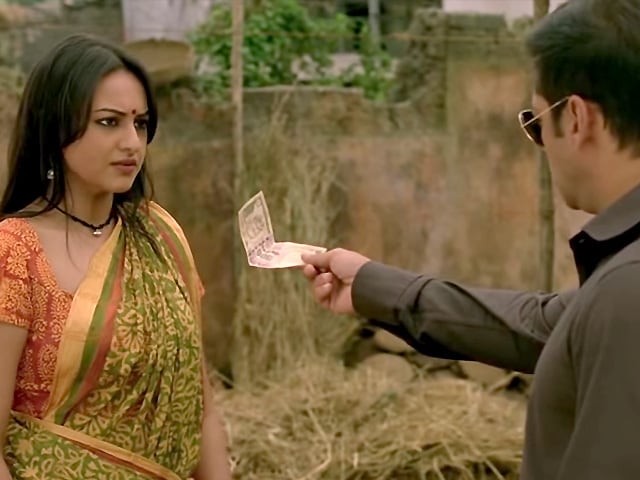
This very famous dialogue from Dabangg is how Bollywood promotes physical abuse, and we as audience let them. It transcends all boundaries to make sure we are reminded that men are entitled to do whatever they want to (as if we don’t see it everyday around us). The sheer privilege of a heterosexual male makes him feel entitled and encourages him to go home and follow the footsteps of Salman Khan. If Sonakshi Sinha does not have a problem with a Thappad, his girlfriend/wife most definitely should not. Right?
2) Akeli ladki khuli tijori ki tarah hoti hai (Jab We Met)
Akeli ladki…… SPOILER ALERT…… ladki hai (oops), akele hote hi definition aur objectification ki kya jarurat hai?
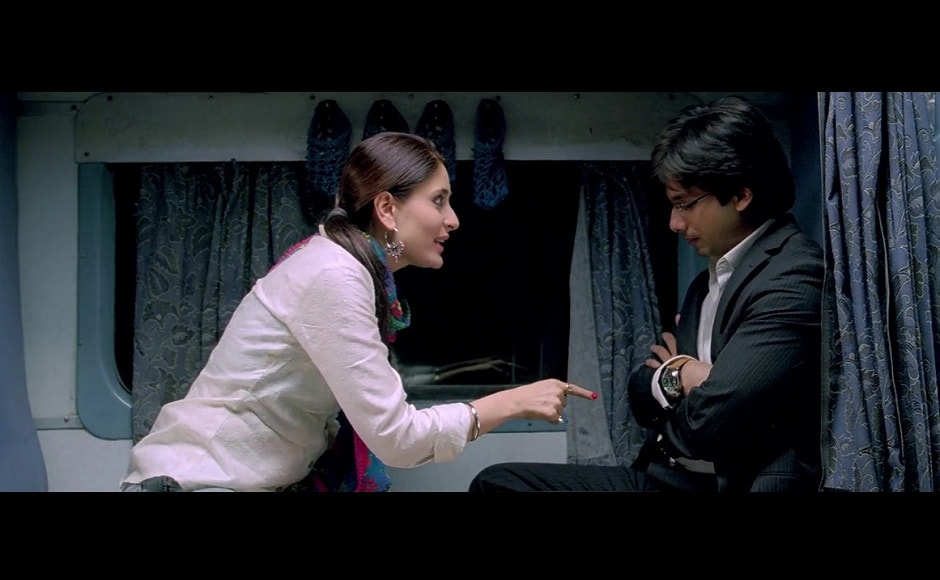
It is high time that we hold ourselves and people around us accountable for recognising a woman by situating her in a relationship with men around her. X’s daughter, A’s wife, Y’s mother, Z’s sister (where X, A, Y, Z are men of course). STOP. I am my own person, just like all the women, and I’d very much like Bollywood to notice that. A woman being alone does not make her a trophy. It makes you an objectifier and a sexist. Comparing women to prizes, food, cars (ugh) is so normalised and what do you think it further propagates? It propagates abuse. If a person is made to believe that women are mere objects, will it not make it all the more easier for that person to be pathetic and abusive?
3) Boodhi ho ya jawaan, melodrama to is duniya ki sari auraton ke khoon mein hai (2 States)
Boodhi ho ya jawaan, patriarchy ne kisi ko chorda hi nahi hai. Aapke oppressive structure mein, har taraf se oppress hone ke baad, ab *genuine* emotions bhi nah dikhaye hum?

What really is the deal with this connection between women and melodrama? Whatever emotion a man cannot handle, that is melodrama. The oppressive patriarchal structure will make sure that a woman’s life becomes harder each day, and when she tries to express it, she is considered melodramatic or emotional. This is doubly problematic.
In the first place, it digresses from a woman’s genuine concerns and makes them seem unimportant, thus projecting women as some inferior gender. Second, it makes us hate emotions and vulnerability. Men are made to feel strong because they somehow lack emotions in these movies (Please, notice the hypocrisy that Bollywood projects by giving these same men a fragile ego!!!). Mental health advocacy takes a backseat and we end up equating vulnerability and weakness. A single dialogue, and we all suffer.
Also read: Is Bollywood Really Ready To #SmashPatriarchy?
4) Preeti, chunni theek karo (Kabir Singh)
Preeti, mujhe aaj se sexism ka raja bulao kyunki mujhe sab ko preach karna pasand hai. #notallmen. Mai hi tumhe save kar sakta hu aur haan, kuch hua toh uska reason chunni hai. I know, I am very cute.
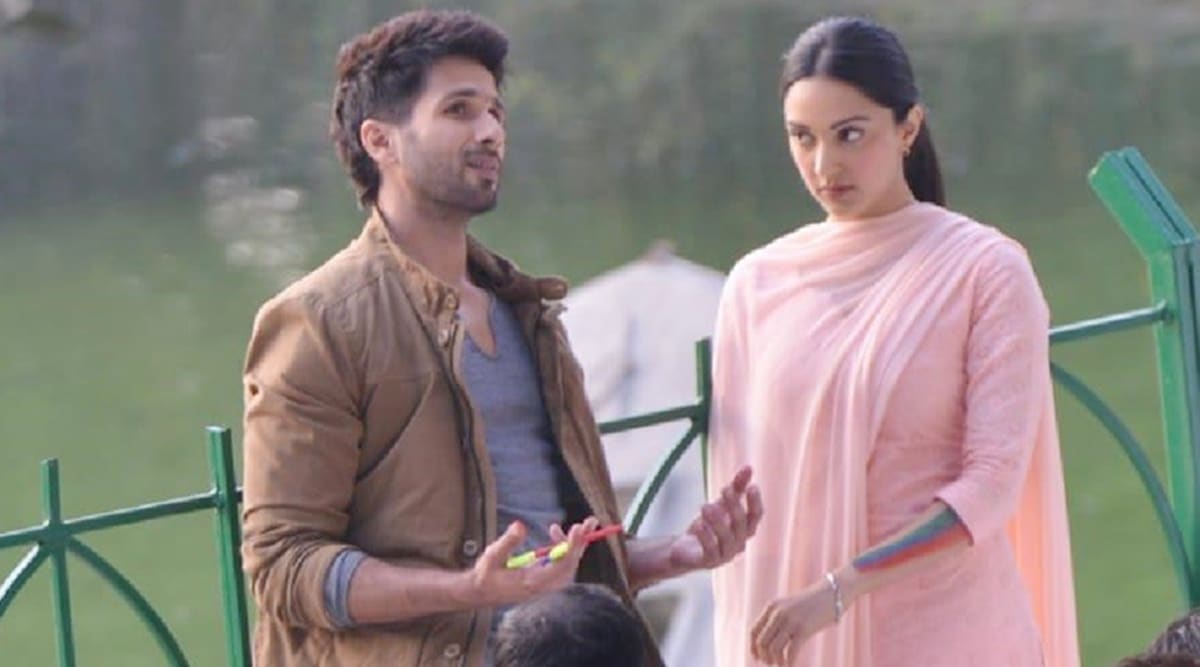
If there was an award category for the most problematic film, I would have voted for Kabir Singh in an instant. From the very beginning till the very end, the movie has been instilled with dialogues that makes one want to puke. This moral policing by defining “proper” and “improper” clothes and ways to wear them coming from a man is highly problematic. The utter belief that a man has to have a right to decide how women should dress up is what helps a person actualise their privilege.
This damsel in distress (the distress for which clothes of the woman are responsible) can only be saved by this preachy larger-than-life male character. Bollywood does not even leave any space to let the audience think and question that maybe, just maybe, just one time, the clothes might not have any responsibility at all. Too far-fetched and optimistic, Bollywood? I was just trying to make you feel as overwhelmed as you make me feel, Bollywood.
These dialogues do not exist in a vacuum. They cannot be contained within screens. Whatever we consume, it impacts us and shapes our way of thinking. We tend to see it as normal to bring these things to our real life because a Kabir Singh or a Chulbul Pandey is doing the same.
5) Balatkaar se yaad aaya, meri biwi kaha hai? (Grand Masti)
Balatkaar se yaad aaya, main marital rape ko rape nhi maanta, kyunki I am a joke. Shaadi k baad consent kya hoti h. Shaadi is consent. Also, meri biwi, yaani ki meri commodity kaha hai?
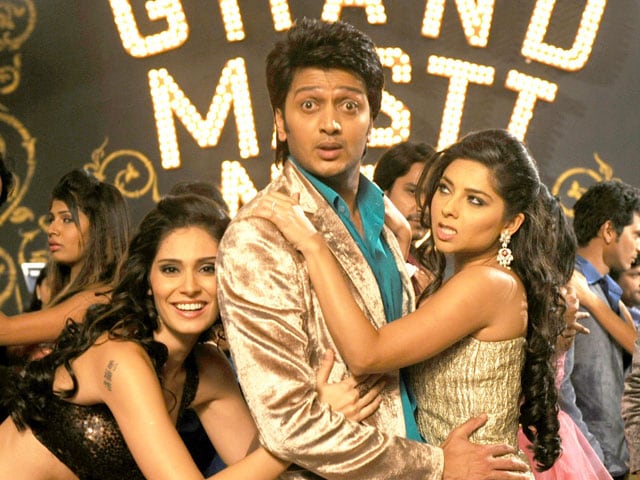
Marital rape is still not seen as rape. Bollywood helps in furthering this idea of ‘implied consent’ and rather goes to the extent of glorifying it. Being married, being in a relationship, does not mean that you have got a lifetime of consent. Even while making out, it is a step-by-step process. A person can most definitely decide to take a step back. This whole idea of belonging to each other, especially women belonging to men, is something that furthers the concept of ‘implied consent’. “Hai tujhpe right mera, tu hai delight mera”, NO Bollywood, I have had enough of you. Unlearn and relearn, Bollywood.
This is obviously not an exhaustive list of dialogues. Close your eyes, choose a Bollywood mainstream movie, and there they are.
These dialogues do not exist in a vacuum. They cannot be contained within screens. Whatever we consume, it impacts us and shapes our way of thinking. We tend to see it as normal to bring these things to our real life because a Kabir Singh or a Chulbul Pandey is doing the same. And Bollywood knows this. Yet, there is no accountability. They seem subtle and normal, but if viewed from an informed and critical perspective, there is no content in them. Bollywood is fuelled by patriarchy, the fuel it is very much capable of generating on its own.
Also read: Of Masculinities And Mental Disorders—How Guilty Is Bollywood?
Bollywood and its representatives, if you ever happen to read this, I am waiting for you to do better. It is 2020, and I still see a Laxmii being released. Do not make our relationship, a relationship I had with my exes. Now, I have learnt to outgrow toxicity, and I can most definitely outgrow this one.
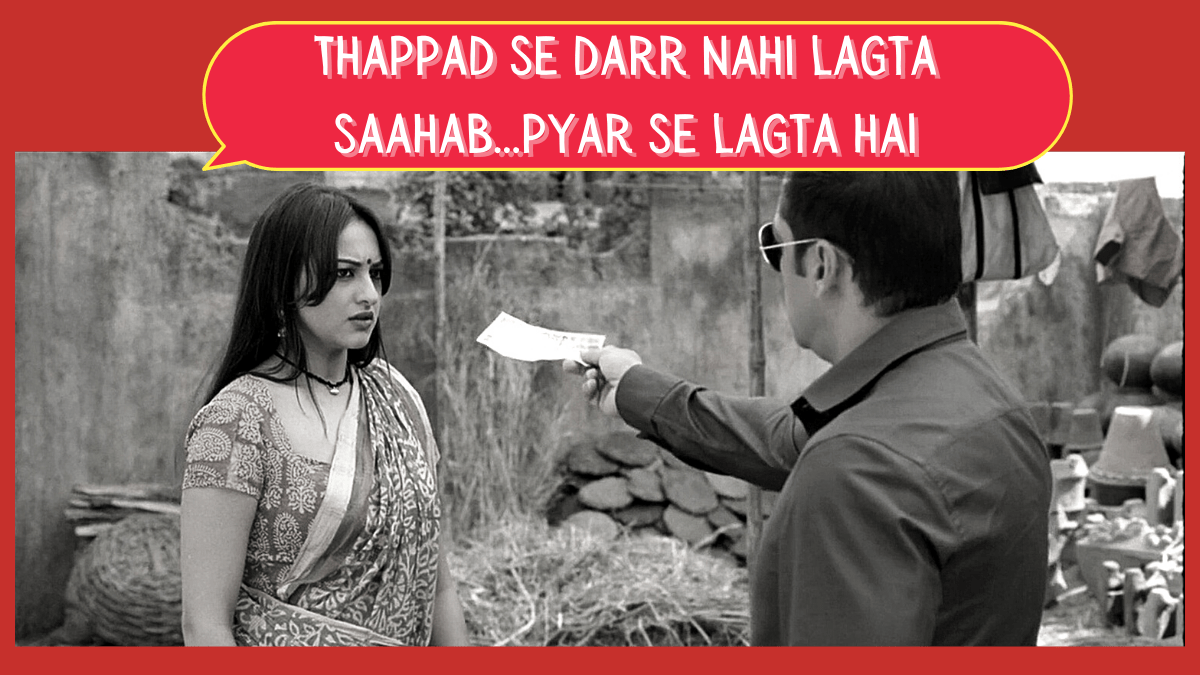
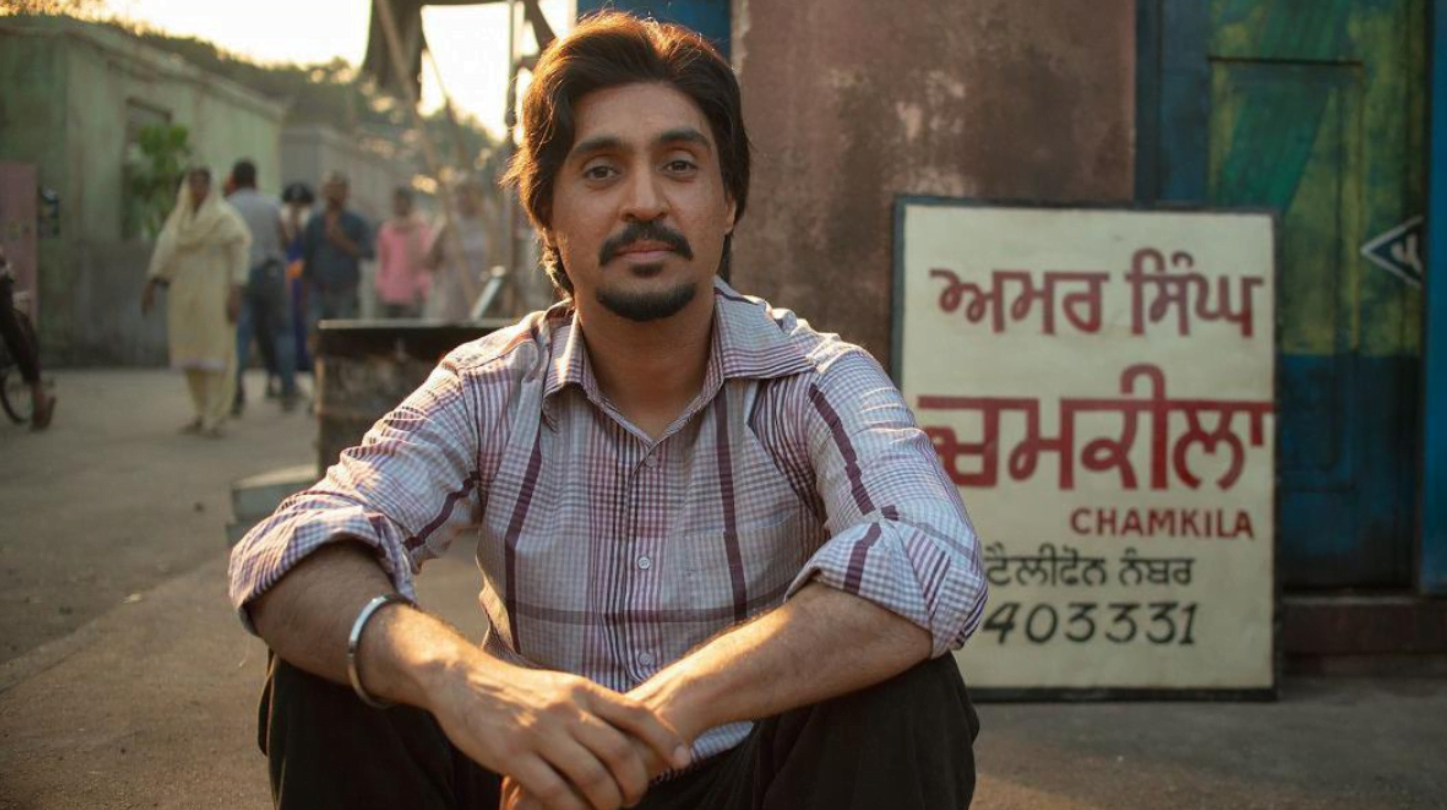
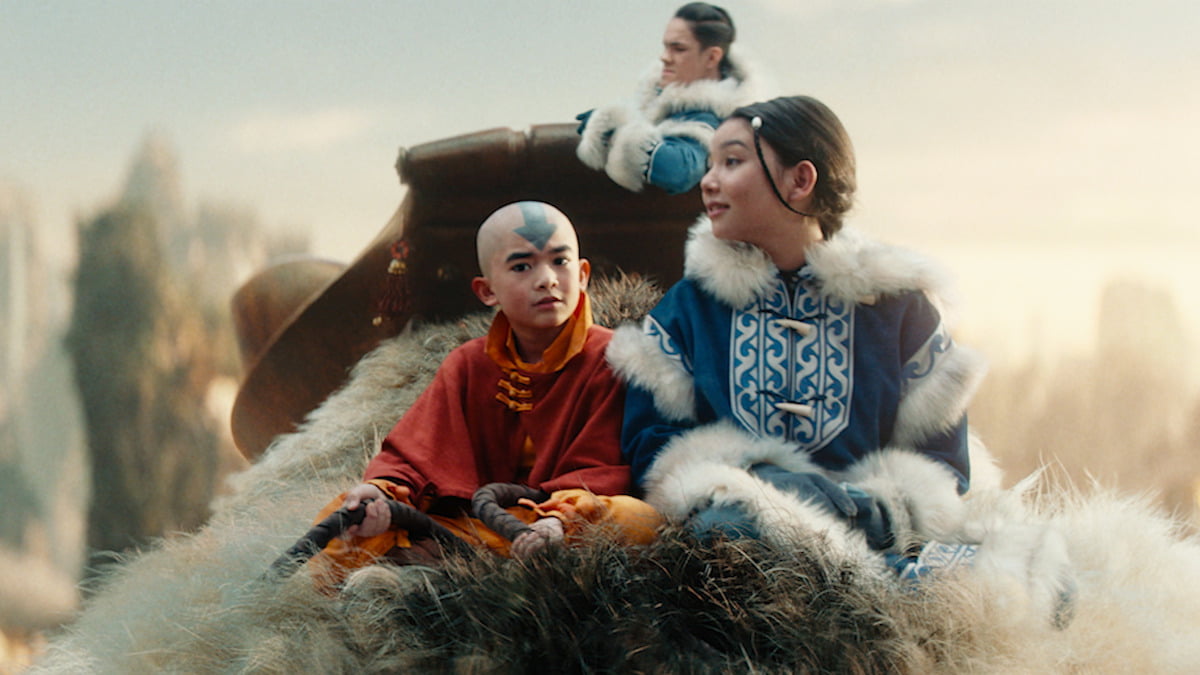
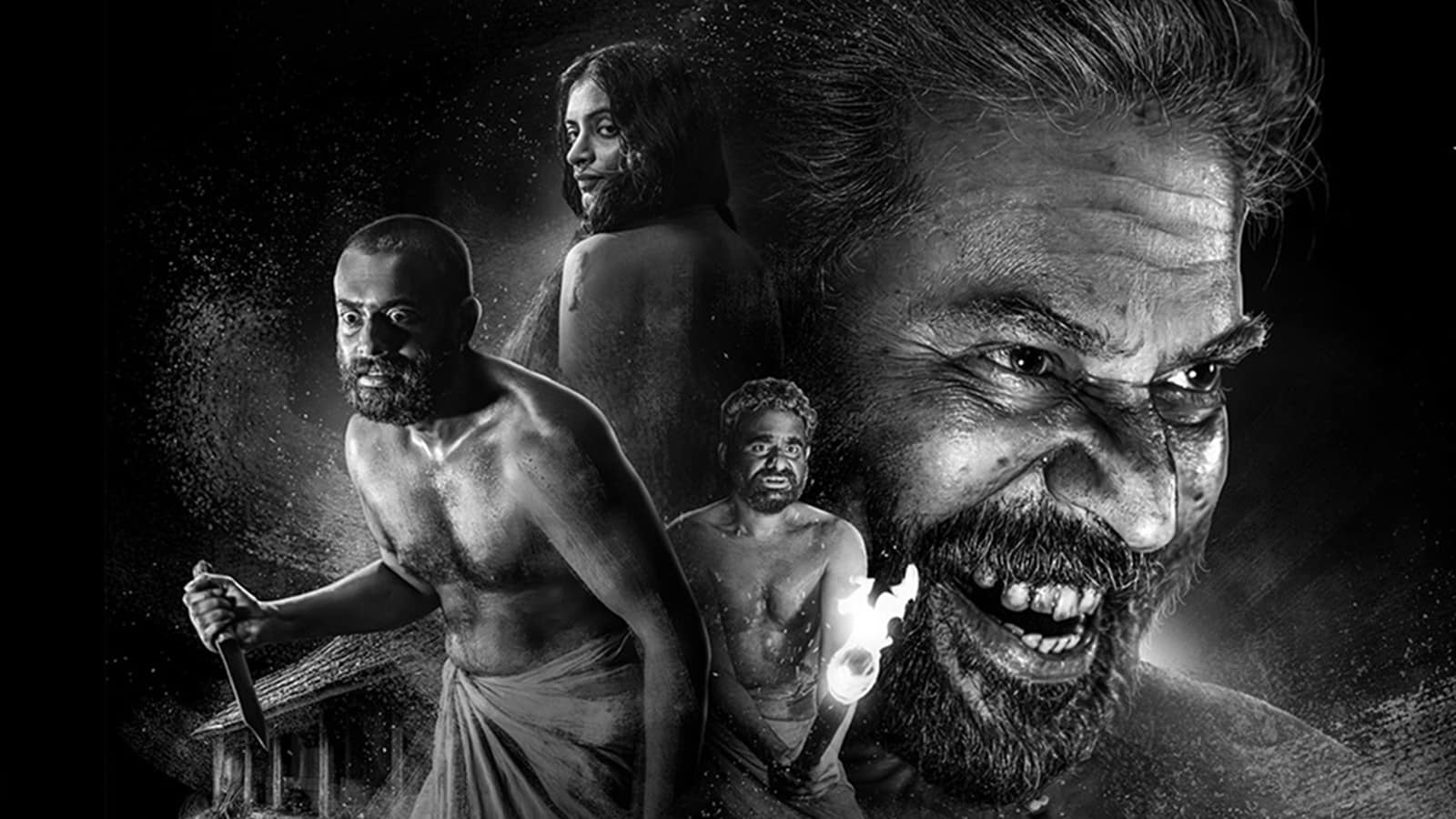

Well said! Bollywood is patriarchy in designer technicolor. And of course female representation is shrinking with each feminist gain the world makes. Bollywood is backlash. Tell me how women are melodramatic drama queens when there is an Arnab Goswami on TV? When every “manel” on news shows is dominated by bleating and screeching males?
Don’t wait, Deeksha. Bollywood will never listen. Or read this. Or do better. My only hope is that Bollywood will alienate enough women that it will then have to rely only on men in drag — apparently Indians love that. I see that it’s super popular on shows like Kapil Sharma’s. Because then they can be even more misogynistic and claim immunity.
And when that comes to be, then the bajrang dal-dal can go after these men-as-women and offer bounties for cut noses and heads.
I am really looking forward to that, aren’t you?